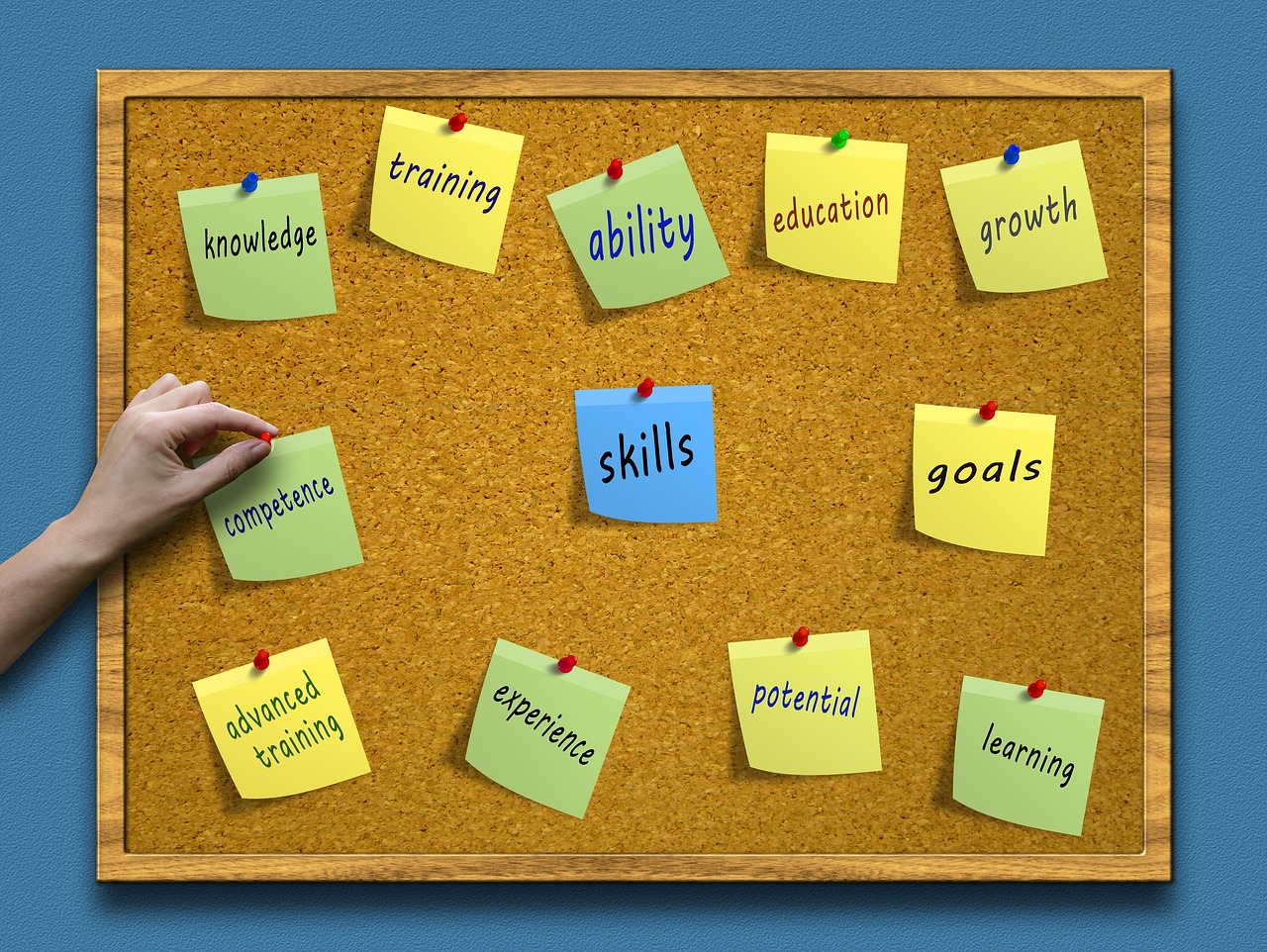5 Skills To Drive Supply Chain Success This Year
The skills required to drive supply chain success are forever changing. However, there are some skills that will serve you well over time.
Far from abating, the pace of change in the supply management procession continues to accelerate. It’s critical for supply managers and for the survival of the profession itself that practitioners continually update their skill-sets to avoid being left behind.
It doesn’t matter how experienced you are. If you let your capabilities fall behind while the profession continually reinvents itself, you might as well hand in your resignation today.
A common discussion we see on Procurious revolves around the new skills required for today’s procurement and supply managers. The catch is that even the latest skills are likely to become outdated with a matter of months as new technology and unexpected shifts in the global economy change the game again and again.
That’s why the list below is comprised of five skills that will see you through the next year and beyond, despite the galloping rate of change.
1. Becoming a lifelong learner
The most important skill for 2017 is more of a habit. Starting a new, lifelong routine of daily learning will open your career horizons, keep you informed of disruptive technology, and will rapidly transform you into the best-informed member of your team.
Your daily routine may involve reading industry news and blog articles, or targeting your capability gaps with online microlearning. Investing only a few minutes of professional development every day will make an enormous difference.
2. Improving your cultural intelligence
Although globalisation suffered at least two body-blows in 2016 (UK’s Brexit and Trump’s protectionism), it’s safe to assume that supply managers will increasingly work across borders and, subsequently, across cultures. The best global procurement and supply professionals have high cultural intelligence. This means they:
- have the drive and curiosity required to understand the norms and behaviours found in different cultures
- actively seek to understand cultural similarities and differences to avoid cultural missteps
- plan ahead for cross-cultural interactions – making the time to learn common phrases such as greetings and farewells
- are flexible enough to adapt their tone and manner during cross-cultural interactions according to their observations.
3. Mastering your elevator pitch
Every procurement and supply professional needs an elevator pitch. This is important not just for the benefit of your own career, but for the profession as a whole.
Even in 2017 we’re still in a situation where there’s a vast ignorance out there about what procurement is, and what we do. Being able to confidently spread the word with a short, engaging summary of procurement’s value will help your own prospects, improve stakeholder understanding of procurement, and (most importantly) help attract top talent to the profession.
4. Building your brand online
Are there still some stalwarts out there who are holding out on embracing social media as a career-building tool? Again, this skill-set is not only good for your own networking and career development, but very important for the wider profession.
We need as many people as possible being positive about procurement and supply management online.
Why? Because the alternative is a mire of online negativity from disgruntled stakeholders or suppliers with a grudge. Join two or three social networks, talk up the profession, and reap the professional benefits of a strong online network.
5. Embracing social procurement
Social procurement has gone from a nice-to-have, good-for-the-brand exercise to an integral part of business strategy. Before launching your first social procurement project in 2017, ensure you’re able to articulate how it benefits the business by aligning your efforts to enterprise-level targets and organisational values.
